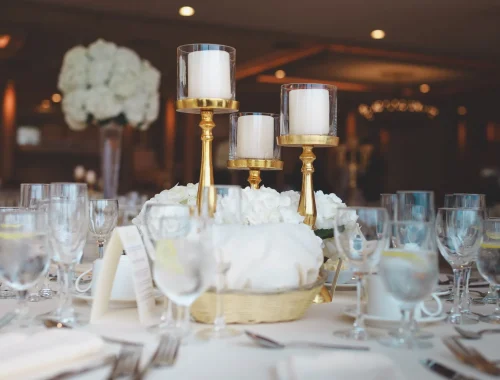
Things to consider when choosing a counsellor
When you have your first counselling session with us, you will be able to choose who you want to work with. But what should you consider when choosing a counsellor? We asked our team to share their advice with you ……
1.Think about the kind of people you are most likely to get along with, but don’t put too much weight on this.
Ask yourself who you would be most comfortable with in terms of gender, age, faith or culture. But try to be flexible: you may be surprised at who you resonate with. Remember that counsellors are often good at building rapport with anyone, as this is crucial to our ability to help you.
2.No need to worry about not knowing the lingo.
“Gestalt”, “synthesis”, “psychodynamic”. There’s a lot of jargon in this business. It doesn’t hurt to Google them if you’re interested in what they mean, but they’re just different ways of achieving the same desired outcome: helping you cope with your challenges. Most importantly, you feel that the therapist “hears you” and is able to build a trusting alliance with you.
3.Consider finding someone who can specialise in your particular difficulties.
We all have our specialities: anxiety, depression, trauma, marital problems, grief, employee care, coping with work demands. We also have experience in a variety of areas: aid work, international development, the corporate world and the church. This diversity of expertise and cultural backgrounds is what makes our team so appealing.
4.If talking to a counsellor feels too difficult right now, you might consider booking some time to talk to a coach.
On the face of it, they are very similar. Both require confidential time and focus on you. Both provide a safe space for you to be honest and open. Both help you to feel listened to and understood. Both will support you to overcome obstacles and achieve your goals. The main difference is that one looks to the future and the other to the past. A coach can help you achieve future goals such as career development, avoiding burnout or improving your relationships. On the other hand, a counsellor can help you when past experiences interfere with the present.

5.Please be assured that all our therapists are highly qualified.
We are all accredited by the professional regulatory bodies in the countries in which we work. We also have high standards of clinical supervision and continuing professional development. All of our therapies are evidence-based. We guarantee that we can work face-to-face or online. No reputable counsellor will mind you asking questions or providing evidence of these things.
6.If another counsellor doesn’t feel like a good fit for you, you can try to get in touch.
Your first counselling session is to make sure that the counsellor and you can work well together. Counsellors are good at this. We are trained to work with the ‘vibe’ in the room, but if you feel unsure about your therapist, it’s not the end of the world. You can always ask for a referral to another counsellor who may be more suitable.
您可能也喜欢

How to make your catering more appealing
05/06/2024
5 Yoga Poses to Avoid During Pregnancy
05/08/2024
